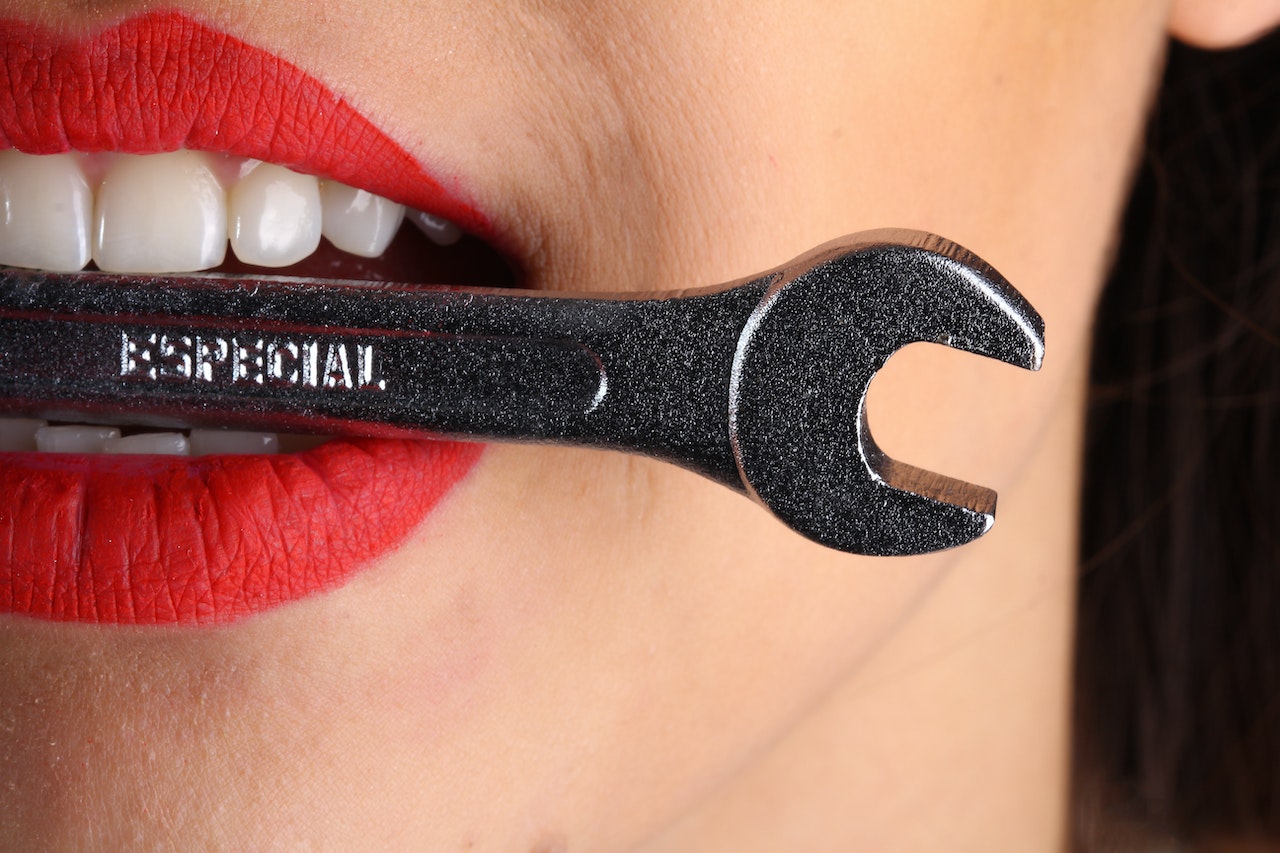Dental bonding, often referred to as composite bonding in UK dentists, is a popular cosmetic and restorative dental procedure used to address a variety of dental issues (chipped and discoloured teeth to gaps and minor misalignments) however, one of the most common questions on Google is, “Are bonded teeth weaker?” We will explore the science behind dental bonding and its impact on the strength of teeth to come to a conclusion.
We aren’t going to spend much time explaining what bonding is, as we assume you are already aware if you’ve found yourself here. So lets get right into it. You can find this here.
The Science of Bonding Materials
To answer the question of whether post-composite bonding teeth are weaker, it’s important to grasp the materials used in the process. Typically bonding treatments use composite resins or porcelain. These materials are designed to mimic the appearance and strength of natural teeth. When properly applied and cared for, bonded teeth are remarkably durable. This has been a game changer in the dental industry.
Through time, the techniques have gotten more advanced and technical. Bonding materials have led to stronger and more resilient results. Modern bonding materials are highly adaptable, both to aesthetic benefits and maintaining the strength to chew and bite. This progress means that, in many cases, bonded teeth can withstand the rigors of daily use as effectively as natural teeth.
Composite Bonding vs. Natural Teeth
Comparing the strength of bonded teeth to natural teeth involves evaluating various factors. While natural teeth are incredibly resilient and adapted to withstand the forces of chewing and biting, bonded teeth can perform remarkably well: if they’ve been implemented right.
Research and studies have demonstrated that, under normal conditions, bonded teeth withstand biting forces and the usual wear and tear effectively. They can last for many years, making it the number one treatment in modern dentistry.
However, it’s essential to recognise that bonded teeth may have small limitations. They may be more likely to stain and chip in certain situations. This is why good practitioners will provide you with a care guide when you have had bonding applied. So you are totally aware of what and what not to do.
We Spoke to a London Expert
Theres only so much that research can provide, so too gain further insight into the capabilities of bonded teeth, we reached out to Dr. Aulak from Whites Dental, a practicing dentist known for his work on London based celebrities. He said, “When done in a correct fashion, composite bonding is the only real durable solution to cracks and chips. Patients can expect it to function well long periods. How you care for your teeth afterwards is highly important to the long-term success. I always provide my patients with all the information they need for durability.” Dr Aulak has performed bonding on Neelam Gill, Rita Ora, Stefflion Don, and Konan to name a few of the celebrities to walk through his dental practice.
On Conclusion
The question of whether teeth post bonding is weaker is not straightforward. To depends on how skilled the dentist is, and if they are using premium materials similarly to Dr Aulak. Composite bonding can result in teeth that look fantastic and are built to last. Don’t get us wrong, you need to play your part in this – similarly to your normal teeth – they require the correct care and hygiene in order to make this the case.
It all depends on certain factors: the bonding materials quality, dentist skill and experience, and your own commitment to keeping them maintained. Before enrolling in the treatment, make sure do the usual checks. Quiz your dentist on the details of the materials, seek information on previous treatment success and always look to the reviews. All the best and most successful dentists have great reviews from happy customers.
